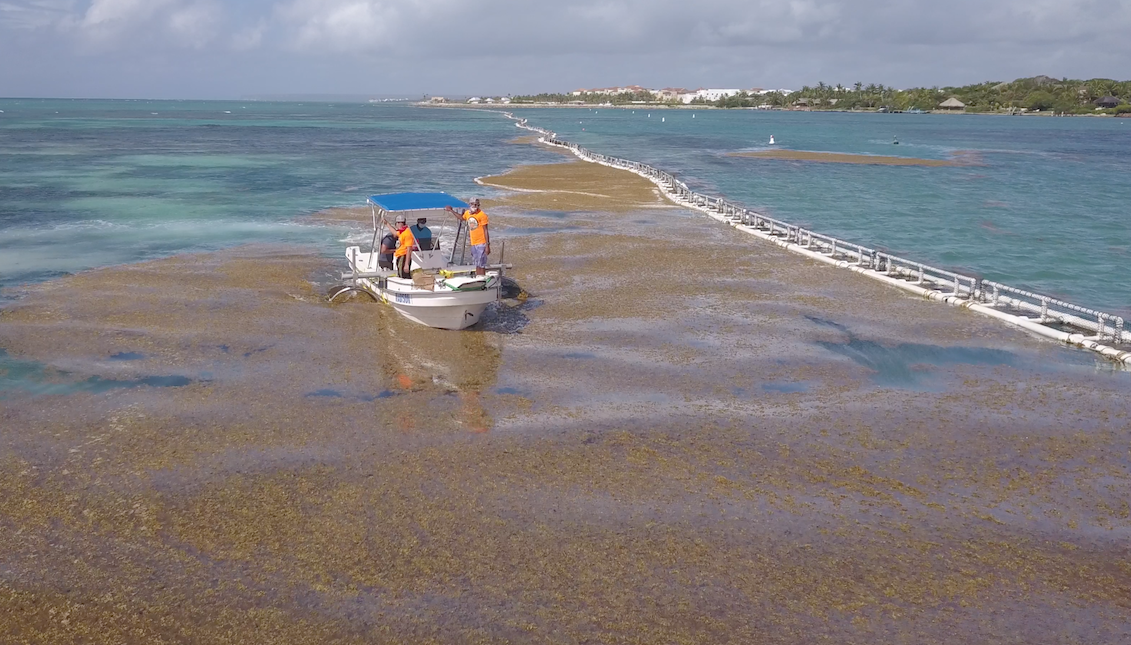
U.S. Citizenship and Military Service: Don't forget to file Form G-325B
There is a huge disconnect between the bureaucracy of our immigration laws and our desire to honor and reward those who serve our country. This fact was driven home at a recent naturalization interview held in Philadelphia.
The day started out with hope and promise. The skies were blue, the sun was shining and all appeared right with the world—until Ernesto’s interview began. Ernesto, a Lawful Permanent Resident of the U.S. since childhood, had finally decided to take the plunge after over 30 years and to become a U.S. Citizen.
At the age of 44, Ernesto could no longer sit on the sidelines and allow others to decide the fate of the country that had shaped him. With the economy in turmoil, the world view of the U.S. at its lowest point ever, Ernesto knew that it was time to step up to the plate and let his feelings about the U.S. be counted through his vote.
So, he filed his application and waited anxiously for his interview. He methodically studied the 100 citizenship questions and when his naturalization interview arrived, he passed the written questions without a problem. All was well until a question which appears in Part 10, E.29 of Form N-400, the Naturalization form, arose. Such question asks: Have you ever served in the U.S. Armed Forces? During the interview, Ernesto proudly answered “Yes”, for he had indeed served America as a member of our country’s Navy for three years. In fact, he had received the highest praise from one commanding officer who wrote:
“By virtue of your demonstrated attention to duty, military conduct, responsiveness to orders, cooperation, loyalty and comradeship, you were selected by your shipmates as HONORMAN for your company.
I take great pleasure in commending you for your fine performance of duty which has won the admiration and respect of your shipmates and extend to you a “WELL DONE”.
Why would such military service lead to a problem? Well, unfortunately, while Ernesto’s selective service number had been noted in his naturalization application, his military service had not and hence Ernesto did not know (nor was USCIS able to inform him before his interview) that an additional application form was required to be submitted in connection with Form N-400, the usual naturalization application if Ernesto expected to be naturalized after military service.
The interviewer, one of the Philadelphia USCIS office’s most seasoned and best, echoed Ernesto’s disappointment when he patiently explained that although Ernesto’s application was clearly an approvable one, because Ernesto had failed to file this additional form, Form G-325B, the case could not be approved that day. The adjudicator further explained that Form G-325B needed to first be filed with the USCIS regional adjudication center which would then send it to the branch of the military in which Ernesto had served .Such branch would, in turn, forward the necessary information to the USCIS to confirm that Ernesto had no criminal record during his military service. The interviewer also explained that such military records are not included in the normal security clearance and hence Form G-325B was an absolute requirement in order to make sure that the military clearance was ordered and completed.
Was there any way to expedite this request, Ernesto wondered, especially with the November election so close and the voter registration deadline looming overhead? The answer, sadly, was “No”. However, what became very clear was that if Ernesto had never served his adopted country, his naturalization application would have been granted that very day and his vote counted in the November presidential election.
Sad and disappointed, Ernesto left the USCIS building, quietly brushing away a tear that had begun to form in the corner of his eye. He straightened his shoulders, in military posture, puzzled that the act of his service to his country could result in such a decision. It was so difficult to understand why, when he had voluntarily served America, the existing USCIS system of security clearances did not and could not provide a way in which a willing USCIS could grant him the one thing that he yearned for: the right to have his voice heard at the polls in November of this year.









DEJE UN COMENTARIO:
¡Únete a la discusión! Deja un comentario.